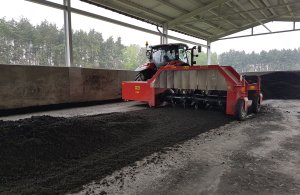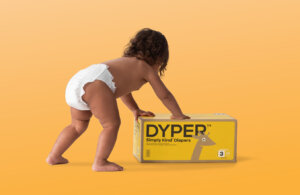New evidence demonstrate that chemicals of concern are also present in coffee cups, paper straws, printed napkins and grocery products packaged in paper or board. (Credit: Bioplasticsnews.com)
Chemicals present in food contact materials (FCM) are known to migrate into, and thus contaminate foodstuff, thereby potentially creating risks for consumer health, according to an article on Bioplasticsnews.com.
Existing EU legislation is meant to safeguard consumers against such risks; however, the current rules are deficient and provide insufficient protection of consumers.
Previous tests by European consumer groups have thus highlighted the problematic use in paper and board food packaging of fluorinated compounds, a group of chemicals with suspected adverse effects on human health.
New evidence by consumer organisations now demonstrate that chemicals of concern are also present in – and migrate from – coloured paper and board food contact materials, such as coffee cups, paper straws, printed napkins and grocery products packaged in paper or board.
These results again underscore the need for strict EU rules governing the safety of paper and board FCMs.
According to current EU legislation, all FCMs should be safe and inert – that is, not influence the food in a negative way.
With the exception of plastic food contact materials, harmonized EU rules to determine compliance with these generic provisions have however not been established.
Consequently, demonstrating that food safety is consistently achieved for materials other than plastics has proven difficult, as illustrated by several food contamination scares3 originating from food packaging, such as cardboard.
In 2016, the European Parliament concluded that the lack of uniform EU rules is detrimental to public health. Parliament therefore urgently called on the Commission to achieve comprehensive, harmonized regulation of all FCMs; as a priority, Parliament emphasised in particular the need to develop EU rules for paper and board and printing inks.









